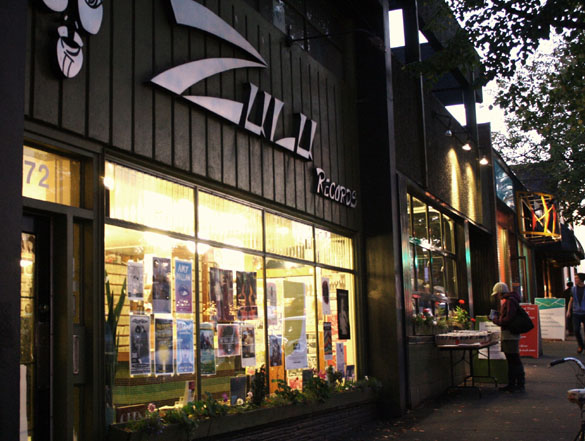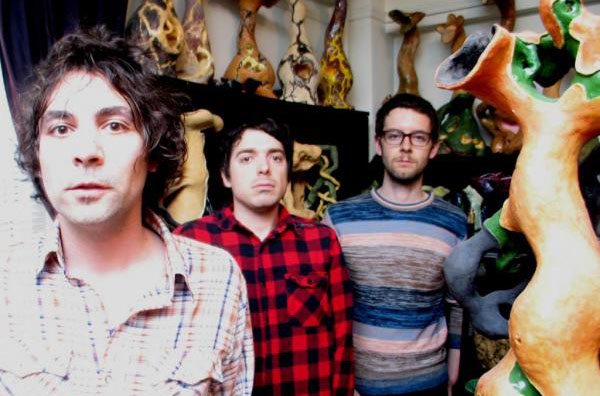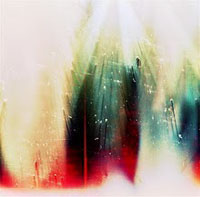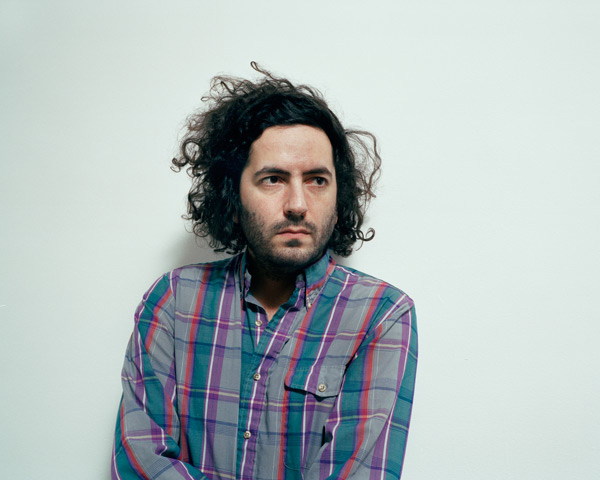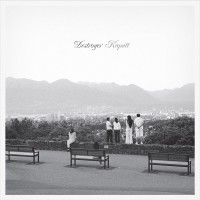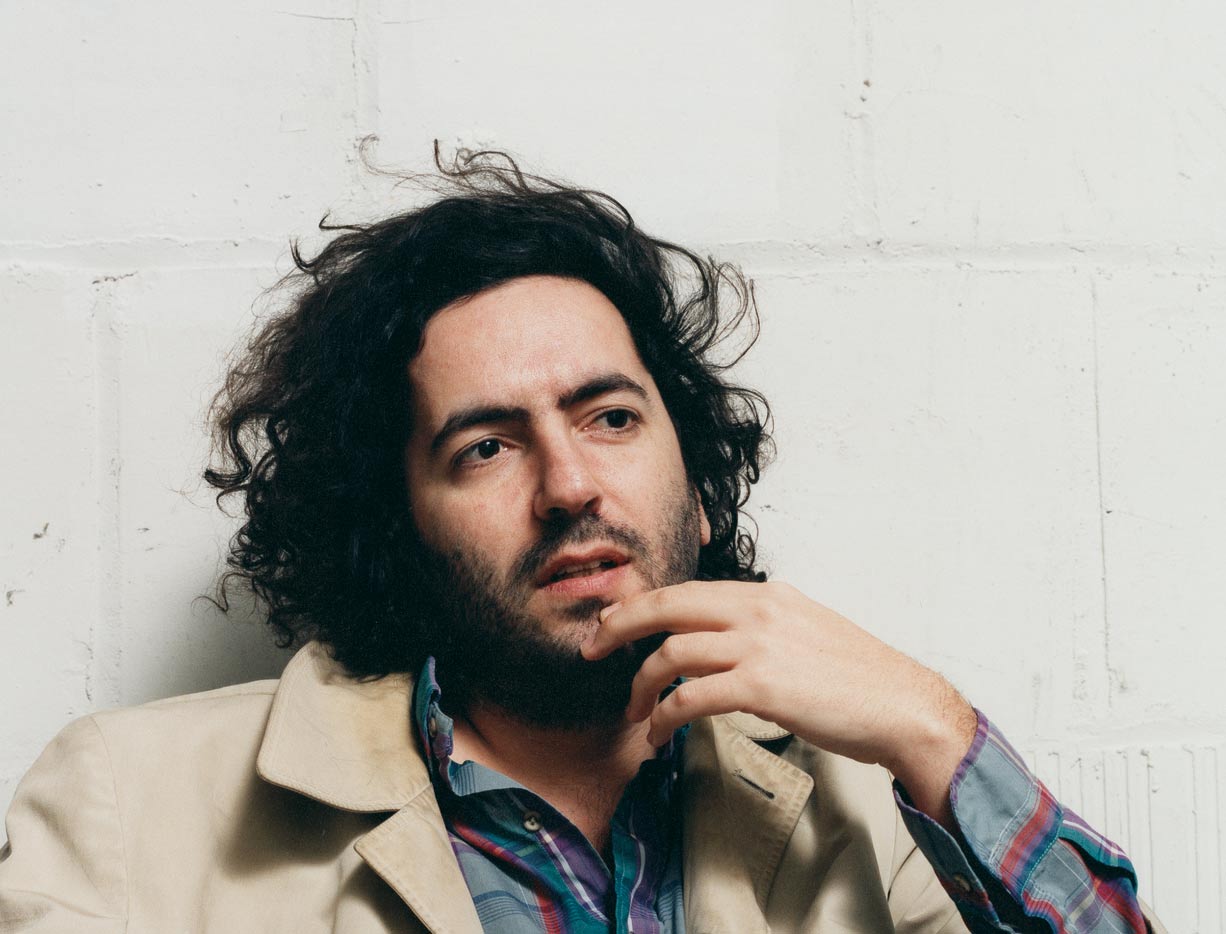With an army-green facade out front and wood-paneled walls and retro furniture inside, Zulu Records is an established musical stronghold in the Canadian metropolis of Vancouver, British Columbia. More than a place to buy music (though it covers that angle pretty thoroughly), Zulu has become a family-friendly, cultural centerpiece of the community with a number of notable in-store performances, art openings, and a continued independent, DIY approach to business.
What was your motivation for starting a music store? / What is your background in music?
Zulu Records grew out of the ashes of an old store called Quintessence that specialized in prog and rock. It was 1981, music was changing, and there was a community of young punkers who were starved for all of the amazing imports coming out overseas. Zulu Records’ owner, Grant McDonagh, was one such fan with big ideas who saw his part-time job at Quintessence fizzle out and an opening present itself. Grant had ties to all of the great Vancouver punk bands and, in the early days, worked closely with this community, including later starting his own record label to press bands that he felt deserved to be heard. Today, Zulu Records concentrates completely on being one of Canada’s finest indie music shops, and it still prides itself on the model of building and maintaining community ties.

What is the musical community like in Vancouver?
Vancouver’s music community is tight-knit. Vancouver has always had a bit of an annexed feel to it; we are in the corner of Canada, and the city is geographically bounded and can’t really sprawl endlessly like other major Canadian and American cities. As a result, the spots where bands play, practice, and congregate haven’t really changed over the last 25 years. There is still a very punk/DIY feel to how bands go about doing things, as really we are pretty far away from the spotlight of the business in Toronto. In fact, we have more of a West Coast / Pacific Northwest vibe going on, and certainly, Seattle feels like kindred musical spirits.

